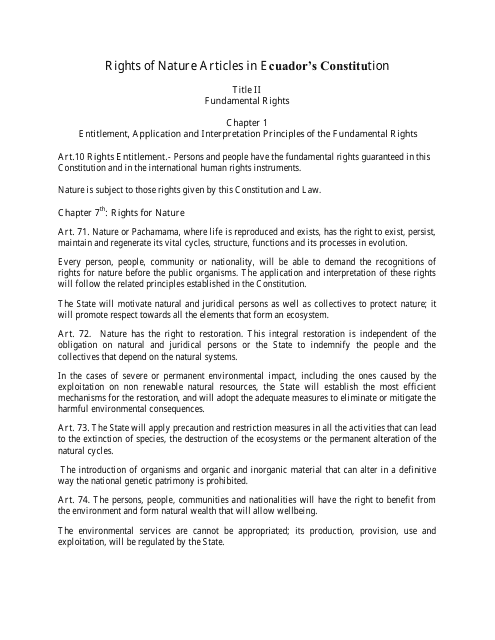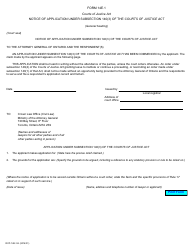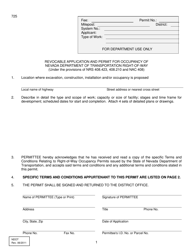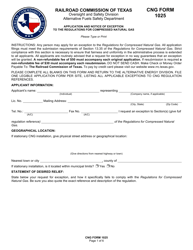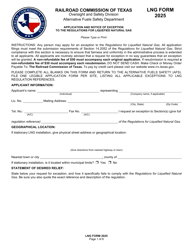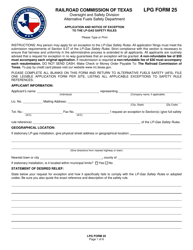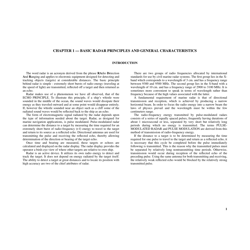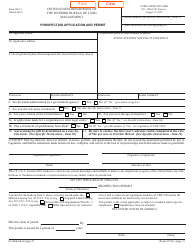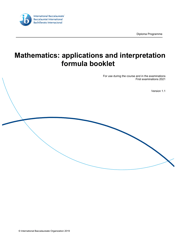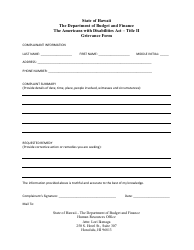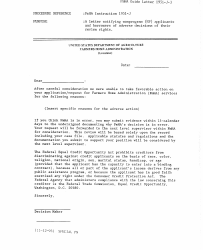Rights of Nature Articles in Ecuador's Constitution: Title II - Fundamental Rights, Chapter 1 - Entitlement, Application and Interpretation Principles of the Fundamental Rights
The Rights of Nature Articles in Ecuador's Constitution, specifically Title II - Fundamental Rights, Chapter 1 - Entitlement, Application and Interpretation Principles of the Fundamental Rights, are included to recognize and protect the inherent rights of nature. These articles aim to establish a legal framework that acknowledges nature as a rights-bearing entity, granting it the right to exist, thrive, and evolve.
The inclusion of these articles in Ecuador's Constitution signifies the country's commitment to promoting environmental sustainability and recognizing the interdependence between humans and the natural world. By granting legal rights to nature, Ecuador seeks to ensure that its natural resources are managed responsibly and preserved for future generations. This approach reflects a growing global movement that emphasizes the importance of environmental stewardship and the need to protect and restore the natural environment.
FAQ
Q: What is Title II of Ecuador's Constitution?
A: Title II of Ecuador's Constitution refers to the section of the constitution that deals with Fundamental Rights.
Q: What is Chapter 1 of Title II in Ecuador's Constitution?
A: Chapter 1 of Title II in Ecuador's Constitution discusses the principles of entitlement, application, and interpretation of Fundamental Rights.
Q: What are the fundamental rights mentioned in Ecuador's Constitution?
A: The fundamental rights mentioned in Ecuador's Constitution include the rights to life, liberty, equality, freedom of expression, and due process, among others.
Q: What are the principles regarding the application of Fundamental Rights in Ecuador?
A: The principles regarding the application of Fundamental Rights in Ecuador include universality, interdependence, indivisibility, and progressive realization.
Q: What is the principle of universality in the application of Fundamental Rights?
A: The principle of universality asserts that Fundamental Rights apply to all individuals without discrimination.
Q: What is the principle of interdependence in the application of Fundamental Rights?
A: The principle of interdependence recognizes that Fundamental Rights are interconnected and should be considered as a whole.
Q: What is the principle of indivisibility in the application of Fundamental Rights?
A: The principle of indivisibility states that Fundamental Rights cannot be separated or divided.
Q: What is the principle of progressive realization in the application of Fundamental Rights?
A: The principle of progressive realization acknowledges that the full realization of certain Fundamental Rights may require ongoing efforts and development.
